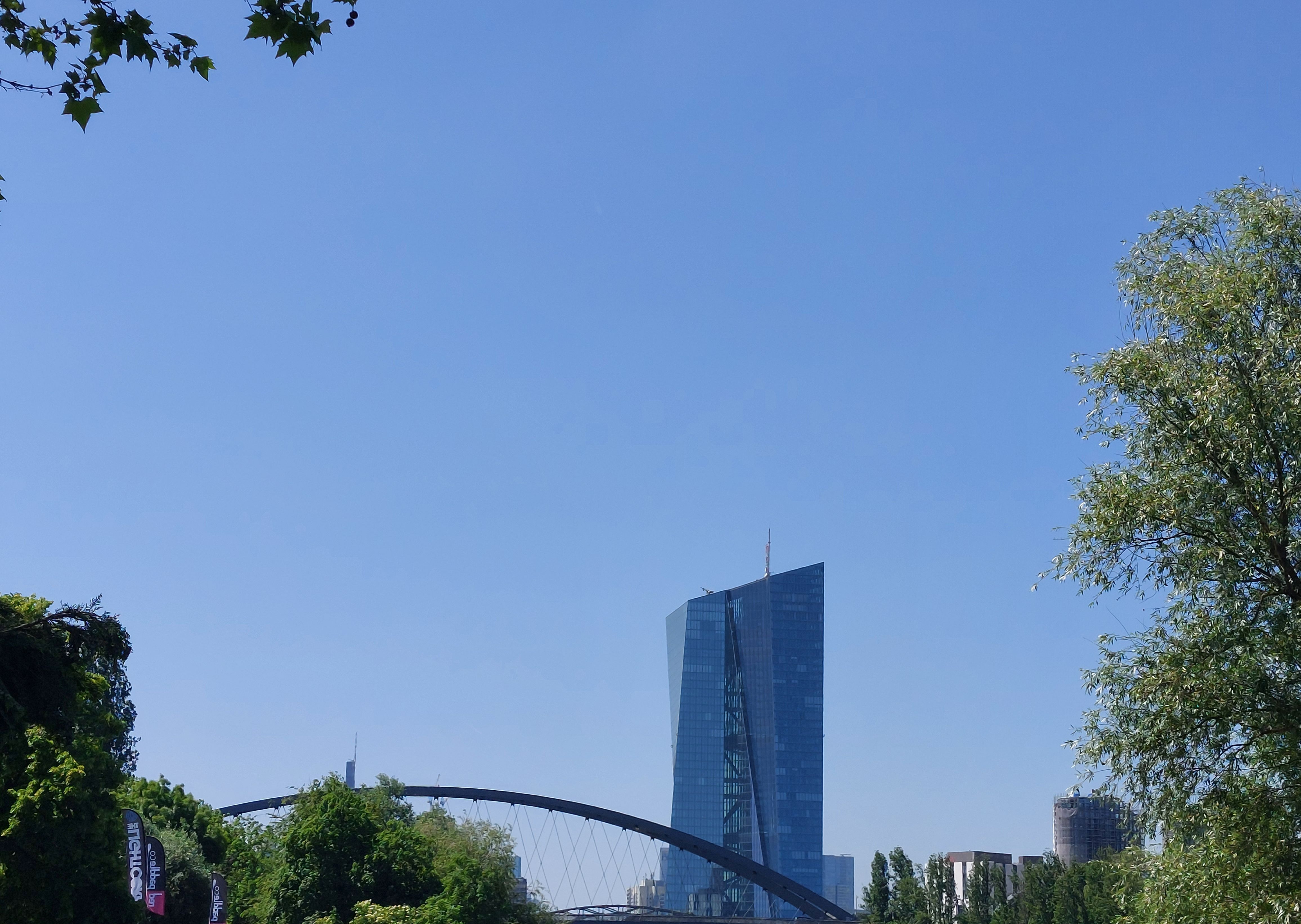
A "zone" has no political will. That is why Eurolandpost speaks of the euro area or Euroland. Because every political entity needs people who stand behind it. This is not only true for communities or nations. It also applies to Euroland. The common currency is the money in our wallet or bank account. It is a European political project that should benefit people from Portugal to Lithuania. But as was seen during the financial and euro crises, it can also create very severe tensions. Tensions that some believe can be so severe that they threaten European unification as a whole.
Well, the times of the financial and euro crisis are behind us. As a result, much has been changed and rearranged in the architecture of Euroland. Most people - like myself - are unaware of much of this. Who, apart from the experts in charge, has ever heard of the "Single Resolution Board" in Brussels? (1) Yet even they go to a lot of trouble to communicate. The task of this "central resolution authority of the banking union" is the orderly resolution of ailing banks in the member states. The aim is to minimize the damage to the economy, the financial system and public budgets. Hard to believe, but as I know from my own experience, even the European Central Bank is not known to everyone.
In addition to the more or less well-known institutions of Euroland, there are the now 20 member countries of the EU with the common currency. Each of these countries has its own national political biotope and is integrated into the world market in its own way. And finally, there are also very different national cultures of dealing with money. To advance each member country individually and Euroland as a whole, national and common institutions need to work well together. I think the tasks of governments and state administration have become more demanding. Those in charge have to keep in mind not only their own country, but Euroland as a whole. And some national policies (such as devaluation), with which people had been comfortable for decades, are no longer available at all.
And this is where citizens finally come into play. In order for us to control political action, we need to understand it. If we take our role in democracy seriously, we bear responsibility. Finally, we can ask ourselves the question: What could be our contribution to the joint success of Euroland?